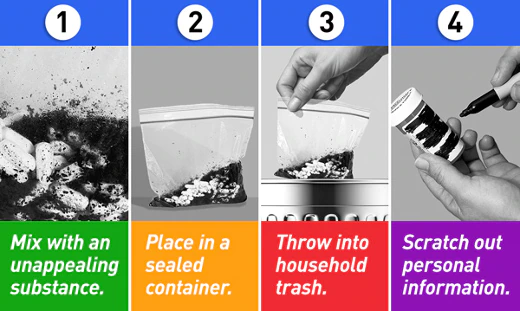Provide Educational Opportunities that Create Understanding and Encourage Compassion
Finding a supportive community is essential to recovery. However, old conventions, as well as misunderstandings about addiction and the recovery process, often stand in the way of our communities providing the critical support and connections people need.
Our hope is that as addiction is understood as a treatable, chronic, medical condition — and not a personal or moral failing — prejudice and shame will be replaced by a spirit of compassion and hope that opens doors, hearts, and resources to those suffering with a substance-use disorder.
“Churches are not neutral bystanders: What they don’t say is just as important as what they do say.”
— A West Virginia pastor
Getting Started
To help increase awareness, you can partner with local community health experts, law enforcement agencies and others to help educate your community on:
- Addiction as a Treatable Disease and Long-Term Chronic Condition: Help community members understand the need for long-term support of people in recovery.
- Medication-Assisted Treatment (MAT): Educate your community on MAT and how to offer the best support people need when they are in treatment.
- Pain Management: Increase patient awareness of pain treatment and management. Learn to ask the doctor:
- “Is this an opioid?”
- “Is an opioid necessary?”
- “Are there alternatives to using opioids for pain relief?”
- Adverse Childhood Experiences (ACEs)/ Trauma Informed Approaches: Help others learn how childhood adversities can actually increase a person’s risk for substance misuse and challenge their recovery efforts.
- Safe Drug Disposal: More than half of those who abused prescription painkillers actually obtained them from friends or family. To address this trend, participate and promote “Take Back Drug Days” in your community and help reduce the supply of prescription opioids getting into the wrong hands.
- Good Samaritan Laws: Invite local law enforcement officials to talk to your group about the laws in your state that may protect those who are Providing and/or calling for help when someone has overdosed.


